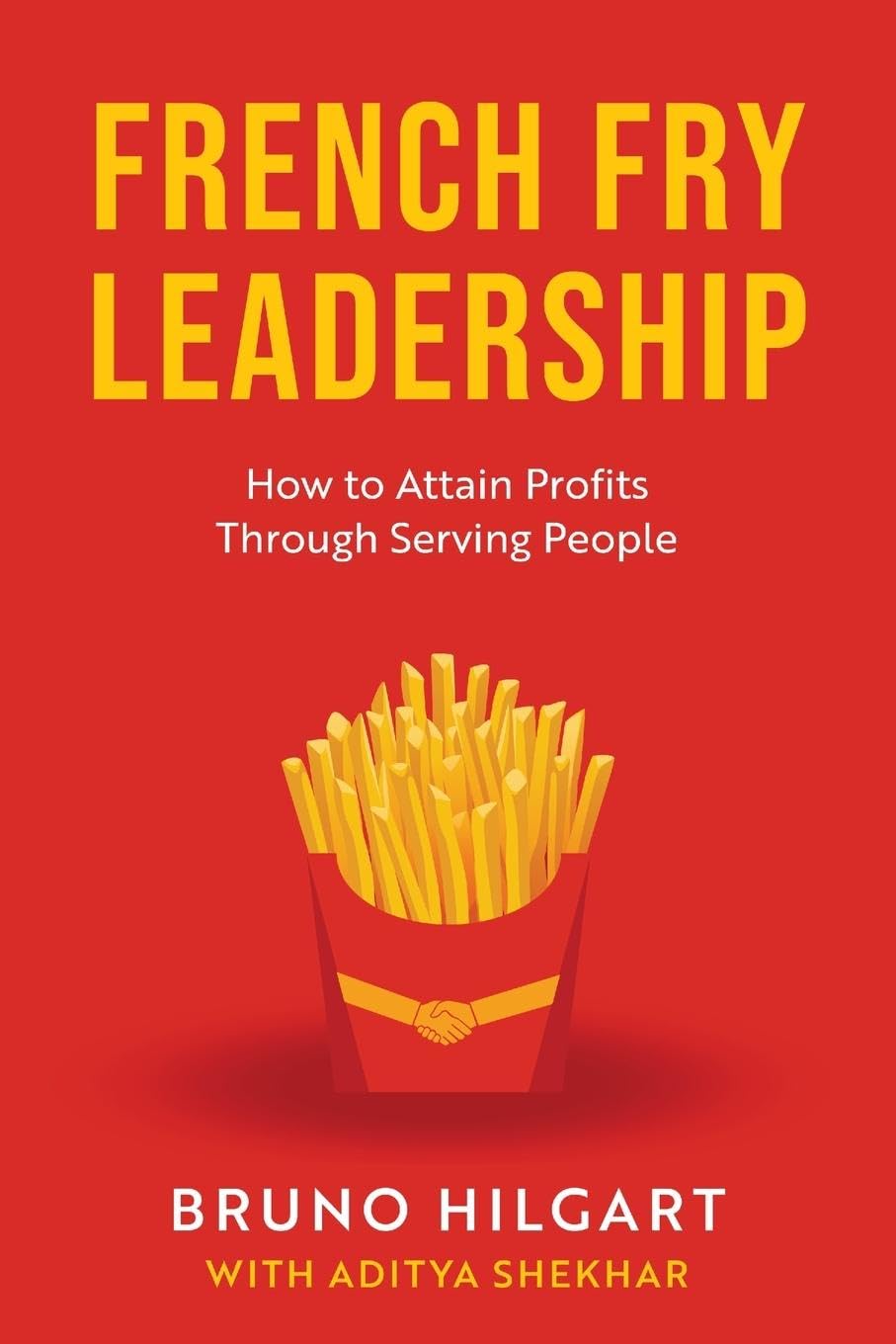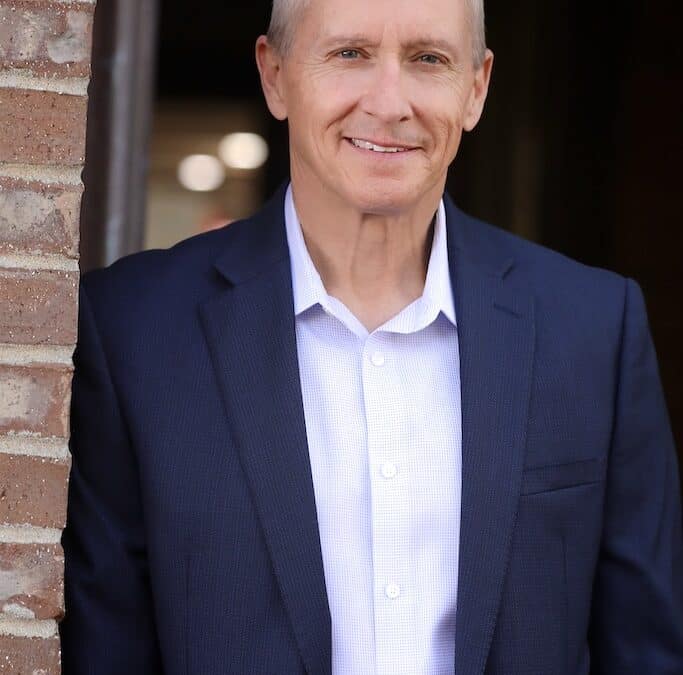
With more than three decades of experience in all levels of the restaurant and hospitality industries, Bruno Hilgart is a respected management and leadership expert. He spent many years as the face of one of the most successful quick-service restaurant franchises in the Chicago metropolitan area, managing thousands of team members along the way. Throughout his career, he has developed and refined a management philosophy centered around the development of people. Bruno frequently speaks on the importance of good leadership to audiences of all ages, from high school students to lawmakers in Washington, DC.

Great leaders are needed now more than ever. The trouble is that most leaders are not taught how to inspire their teams. Want to learn how to get the people you manage passionate about what they do each day?
In French Fry Leadership: How to Attain Profits Through Serving People, Bruno calls on his thirty-plus years of experience in the quick-service restaurant world to show the value of profiting in ways besides money. He describes easily understandable methods to keep team members excited, committed, and motivated to perform any and all tasks by exploring what true “servant” leadership is all about-while applying these principles to their teams, their guests, and their vendor partners.
French Fry Leadership demonstrates the value of the premise that when leaders take care of their people properly, the numbers take care of themselves.
1. What inspired you to write French Fry Leadership: How to Attain Profits Through Serving People? There is a dearth of good leadership out there today, and it’s needed more than ever. And it’s not the leaders’ fault! They just haven’t been taught how to do it. Most leaders were giving a position of leadership because they were very good at doing something over an extended period of time. So, doesn’t it make sense for companies to want to create more of these types of people? Then why not promote them into management? But just because somebody is good at something, and they’re trustworthy, dependable, and tenured, does not mean they’re going to be good at leading others to do the same work.
2. What do you hope readers take from this book? That leaders and decision-makers, of any group, organization, or company, need to invest in their people and, more specifically, the leadership development of their leaders. Just like making capital investments in new equipment, technology, and software is important, investing in the latest leadership training is critical to the overall long-term and short-term success of a company.
3. What were the challenges you faced when writing this book? The biggest challenge was finding time while looking for work, working in my own business, and keeping up with other responsibilities, such as family, health, and finances. Another challenge was staying true to myself and believing that the messages and learnings over my career were really something that I needed to share with others to help them, as I was helped in my career by listening to and learning from all the opportunities that I was blessed to be a part of, which shaped my leadership philosophies for this book.
4. What was the highlight of writing this book? The biggest highlight was finally completing this book. If not for that fateful rideshare while I was in between jobs, this book would have never been completed. This ride was even how the title of the book came about!
5. Describe your writing space. My writing space mostly consisted of my kitchen table, alone, where I could focus. However, I did get a lot of inspiration and ideas while driving rideshare, giving me time to think, and when having conversations with passengers about much of the subject matter in this book. These random people confirmed the need for this information to get out there to others.
6. What is your favorite part and least favorite part of the publishing journey? My favorite part is conversing with others about the subject matter in this book. I love seeing people being inspired by the conversation. It helped me stay motivated to complete this book. My least favorite part is anything to do with the technology of getting the book done. It’s not that I don’t like technology; it’s just that I never seem to have the time to focus on learning the latest and greatest to be as efficient with it as I would like to be.
7. What was your favorite book as a kid? Honestly, I wasn’t a big reader as a kid, but I do remember enjoying Charlotte’s Web. I was more interested in watching and playing sports and the statistics, especially with Chicago sports.

